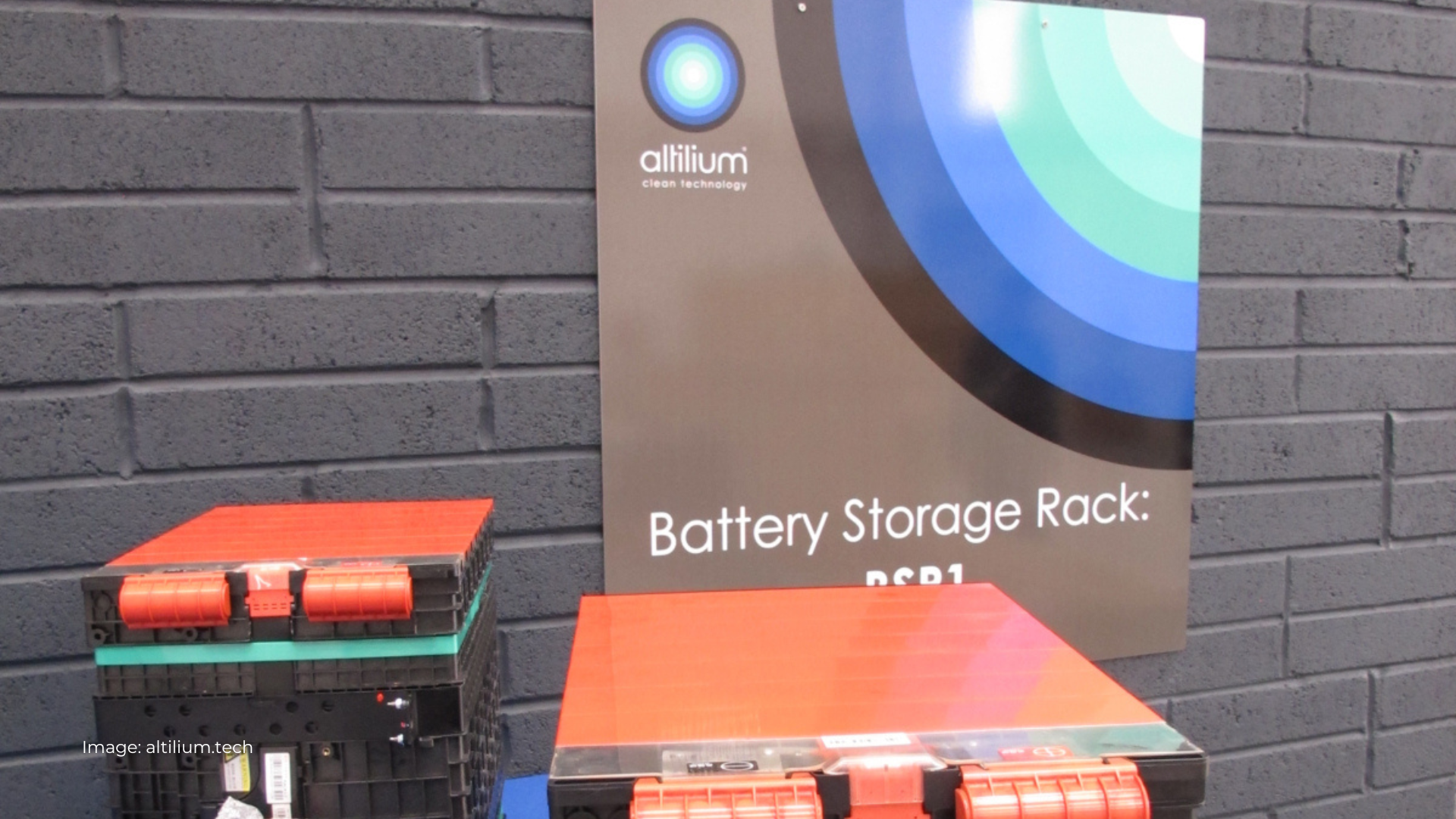3rd February 2025: Altilium, a UK-based clean technology group dedicated to advancing the transition to net zero, has announced the start of its recycling operations for Lithium Iron Phosphate (LFP) batteries in the UK. The LFP batteries being recycled are sourced from a leading global manufacturer of electric vehicles (EVs) and energy storage systems (ESS).
This strategic initiative highlights Altilium’s commitment to establishing a sustainable UK supply chain for critical battery materials and reducing the environmental footprint of battery production. The company’s proprietary EcoCathode™ technology can recover over 97% of the lithium and 99% of the graphite from LFP batteries, enabling these materials to be reused in new batteries. This highly efficient process not only enhances the economic viability of recycling LFP batteries but also helps automotive manufacturers meet regulatory and sustainability targets.
As LFP battery technology gains traction in the UK’s EV and ESS markets, Altilium’s recycling operations are set to play a crucial role in ensuring these technologies are both sustainable and resource-efficient. While most EVs currently use nickel cobalt manganese (NMC) batteries, the growing adoption of LFP batteries presents new opportunities for recycling and resource conservation.
According to the Advanced Propulsion Centre, LFP batteries are expected to grow from 18% of the UK EV market in 2027 to 25% by 2035. However, recycling LFP batteries poses a unique challenge, as the iron and phosphate they contain are less valuable than the nickel and cobalt found in NMC batteries. Altilium is addressing this challenge by focusing on the recovery of high-value lithium and graphite, which can be reused in the production of new battery anodes.
In an official press release by Altilium, Dr Christian Marston, Altilium COO stated, “The rise of LFP batteries presents both challenges and opportunities for recyclers. At Altilium, we are pioneering solutions to ensure these batteries are not only recovered, but play a key role in a UK circular battery economy. Our advanced EcoCathode™ technology allows us to efficiently extract lithium and graphite, making LFP recycling commercially viable and environmentally essential. By expanding our capabilities to process LFP alongside NMC batteries, we are strengthening the UK’s battery supply chain and supporting the transition to a cleaner, more sustainable transport sector.”
Altilium is already recycling NMC batteries from two major UK-based automotive manufacturers, as well as Gigafactory production scrap, at its ACT1 and ACT2 facilities in Devon. The company’s recently opened ACT2 plant in Plymouth can process 300kg of black mass waste—equivalent to one EV battery—daily, recovering lithium and other critical metals. Additionally, Altilium’s planned Teesside hub is set to become one of Europe’s largest EV battery recycling facilities, with the capacity to process scrap from over 150,000 EVs annually. The facility is built to process a variety of battery chemistries including LFP.
This latest development positions Altilium as a leader in sustainable solutions for next-generation battery technologies, reinforcing the UK’s role in the global transition to electric vehicles and cleaner transportation.

